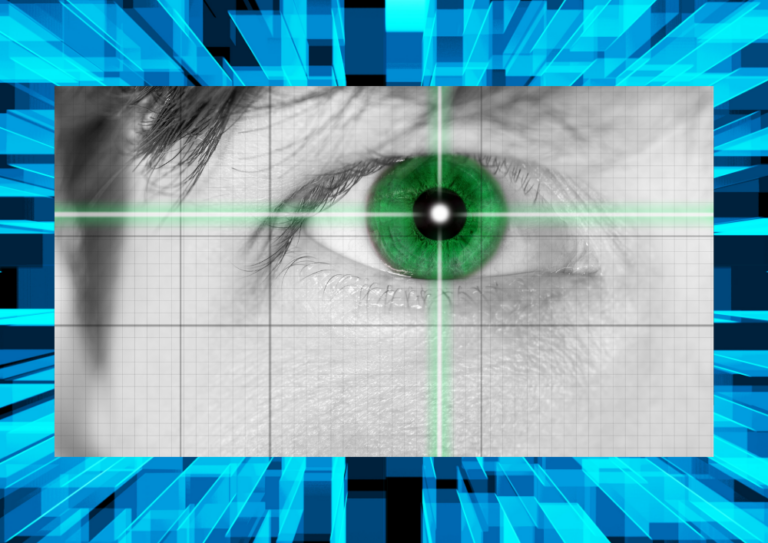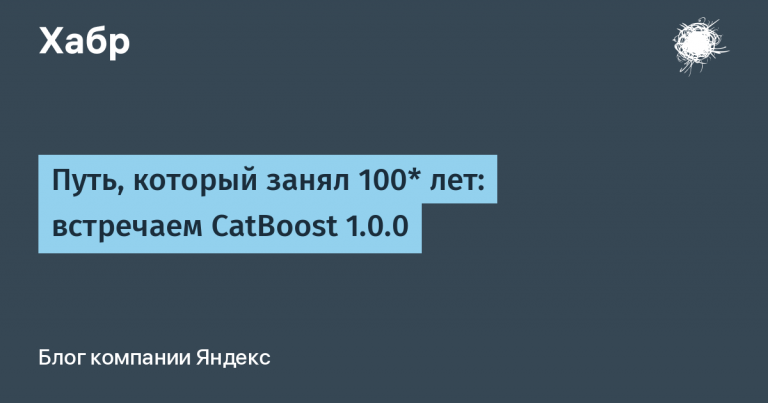Startups for medicine: Russian projects
About 700,000 doctors work in Russia. These people help people every day and around the clock. And medicine is one of the areas that require the constant introduction of new technologies. Among the technologies that help doctors work and study, there are areas such as:
Medical decision support systems based on neural networks, which reduce the chance of error and increase the accuracy of diagnoses,
VR and AR platforms that help students learn and current doctors train their skills,
· Routing for transport, allowing for faster delivery of patients to the hospital.
We have made a selection of projects for physicians (and, of course, their patients), which we received on the intensive “Archipelago 2121”. Write in the comments which of these projects, in your opinion, are especially interesting.
Hippocrates
According to the startup team, every Russian citizen meets with a doctor 10 times a year. Wherein:
1. Doctors are missing clinically important information
2.30% misdiagnoses
3.50% of diseases are detected at a late stage
4. The existing services do not help the doctor because:
– incomplete data
– inconvenience to use
– unreliability of information
– it is unprofitable to acquire
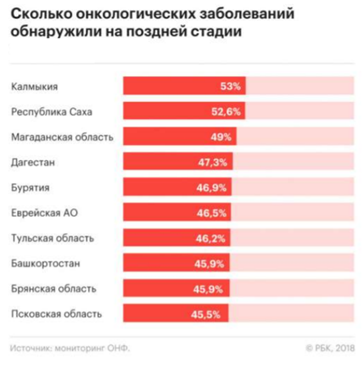
Medical decision support system Hippocrates Is a tool for diagnosing and treating diseases.
The program asks questions to the patient and then shows the doctor possible diagnoses based on the patient’s answers. In addition, the system contains an algorithm for the doctor’s actions to confirm the diagnosis.
Paithology
Pathologist assistant helps during microscopic screening or diagnosis of pathological processes.
The program, using neural networks, classifies processes according to the morphological picture in a histological, cytological, immunohistochemical or cytogenetic micropreparation.
The result of the work is displayed for each of the fragments of the micropreparation in the form of a graph with the percentage probability of different diagnostic groups. The doctor can use the result of computer analysis to compare with his own result and make a decision.
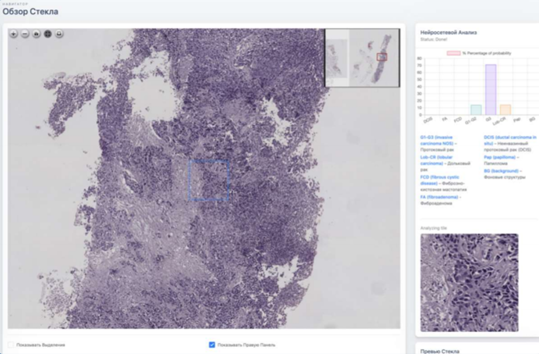
Development of a training virtual emulator for radiology
The program is virtual simulator to strengthen doctors’ knowledge and students in the field of radiology. The virtual emulator is intended for the daily practice and educational activities of doctors who provide medical care to patients.
The functionality is developed using AI technologies: one neural network generates images, and the other recognizes them, using generative competitive networks like GANs.
Neurosurgical intervention scoring system
Today, Parkinson’s disease is one of the most common extrapyramidal diseases with a prevalence of up to 80% of all neurodegenerative diseases.
purpose the project – to reduce the chance of medical error and to reduce the cost of personalized rehabilitation by reducing the duration and accuracy of the choice of actions of the attending physician.
Here contactless tracking is involved. The software will be aimed, among other things, at assessing the effectiveness of neurostimulation of deep brain structures in the treatment of Parkinson’s disease and essential tremor.
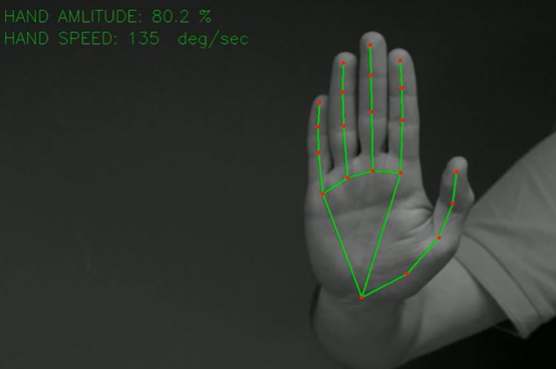
Virtual Clinic
Objective of the project “Virtual Clinic“- to create a product for training medical students and advanced training of existing doctors and mid-level medical workers.
The simulator will allow students to master the skills required for work. Among them – work according to the regulations, the ability to make diagnoses, prescribe treatment based on the totality of the patient’s “complaints”, objective examination and research data in the most realistic conditions of the virtual environment.
Remote training is also possible.
Cardionet
Ambulance IT Routing Project due to the introduction of modern technologies, it will reduce the time of delivery of patients with myocardial infarction to the hospital.
The program will choose the optimal evacuation route for a patient with an emergency and urgent pathology of the cardiovascular system to the nearest vascular center, based on an analysis of the real road situation. In addition, the product will improve the interaction between the ambulance team and the vascular center to prepare the medical team for the patient’s appointment.
The implementation of this project throughout the entire Russian Federation will save more than 1,350 human lives annually.
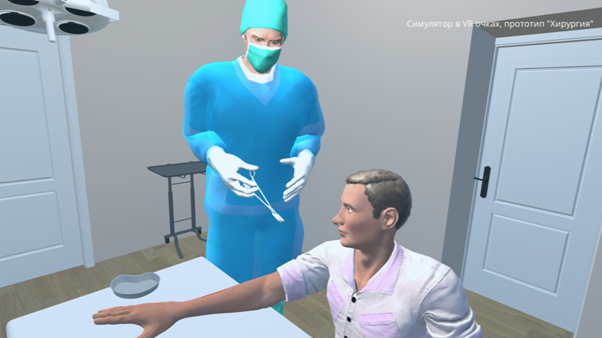
We received about 15,000 applications for participation in Archipelago 2121. You can get acquainted with the projects presented by the participants of the intensive at Showcase…
